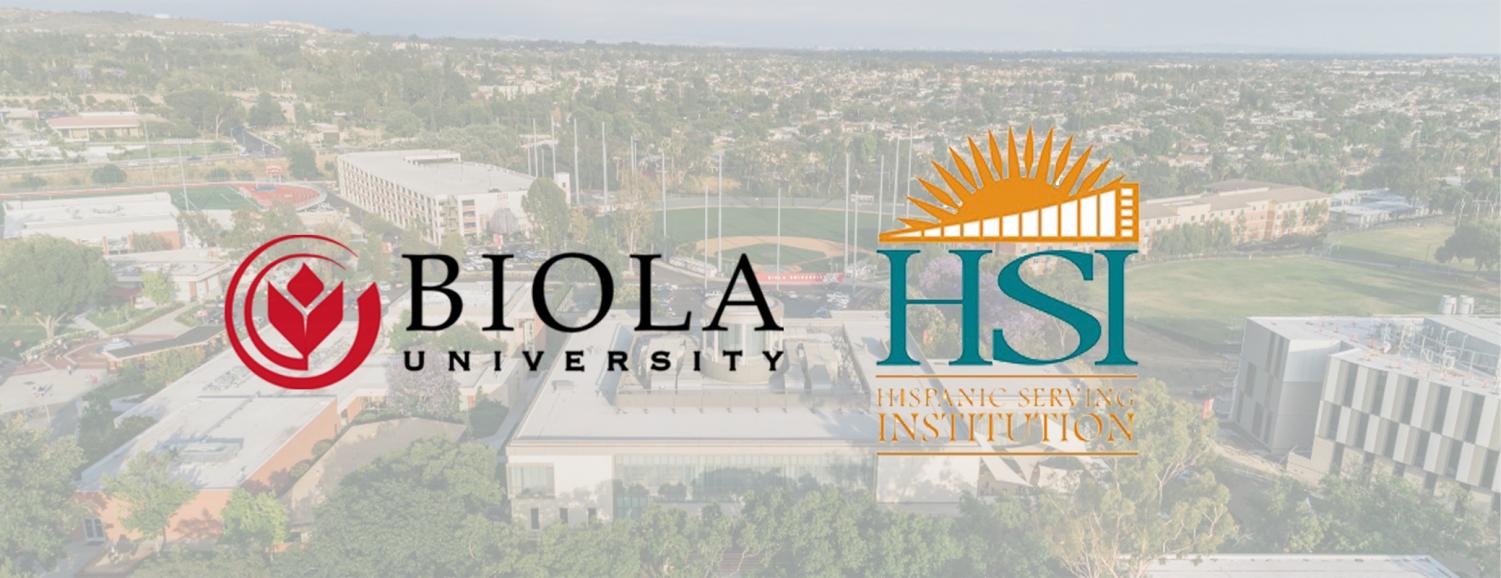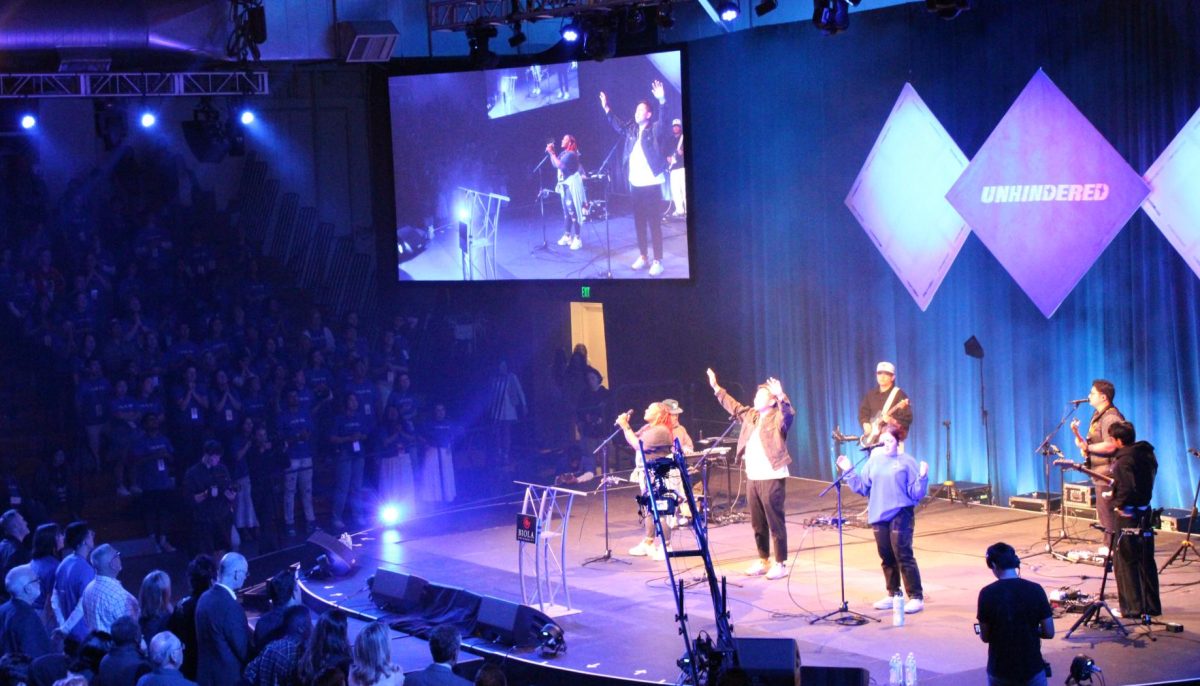On Oct. 8 and 9, Biola Admissions held their 2020 College Access Event, which reflected their team’s new goal: helping the university become a Hispanic Serving Institution.
While only 13% of post-secondary institutions are HSI accredited, they serve two-thirds of all Hispanic students in the nation. Although nearby schools such as California Baptist University, Vanguard University and Azusa Pacific University are already HSI accredited, Biola is still working toward reaching the necessary requirements.
“This event was created out of the initiative for Biola to become a Spanish-serving institution,” said admissions events coordinator Ashley Perez. “And one of the ways that we thought would be a good way to start is by creating an event that is more like a resource for students in our area.”
THE EVENT
The event featured sessions like “Applying for Colleges 101,” “Writing Your College Essay,” and “Tips for Your Remote College Search,” presented by a mix of Biola staff and faculty and outside contributors. Perez said a few of the sessions were offered in Spanish to accommodate family members who prefer it as their first language with the hope that future events will offer all sessions with a Spanish alternative.
“We learned a lot from our Hispanic and Latinx students that their journey usually involves family,” Perez said. “So we want to make the event in person a little bit more family-focused and offer different ways for families to connect to current Biola families or current families already in college so they can hear from their experience and what that was like, what was helpful and then more mixer-style sessions so they can connect.”
Perez explained the process toward incorporating HSI-oriented elements into all admissions events will be gradual, starting with letting people know that there are Spanish-speaking admissions counselors they can talk to and providing more admissions content in Spanish.
“The biggest piece of all this is making sure our marketing is correctly tailored to not feel different than what we’re already doing, but feel like it runs congruently,” Perez said.
The admissions team hired a new Spanish-speaking admissions marketing copywriter to ensure that content is translated thought-for-thought rather than word-for-word.
“We’re constantly exploring how to better what we’re doing,” Perez said. “The admissions team is always researching ‘How can we make this better?,’ ‘How can we serve more populations better?,’ ‘How can we make sure our message is not just for one type of person but for everybody?'”
HSI ACCREDITATION PROGRESS
While Biola has been interested in becoming HSI-accredited for a number of years, the process gained momentum with the release of the university’s first diversity strategic plan last spring. The plan included the initiative of becoming HSI-accredited, which requires 25% of the student body to be Hispanic. Biola’s Chief Diversity Officer Tamra Malone said the University Strategic Task Force wanted to help build a cross-cultural community through multiple federal designations.
“As we pursue this designation, it is not simply to increase the enrollment of Hispanic students,” Malone wrote in an email. “But it allows us to take an intentional dive one demographic at a time to assess how we are attracting, serving, supporting and graduating this demographic of students.”
After consistent meetings over the past year, chair of the HSI taskforce Lee Wilhite said the group has split into four different focuses: admissions, financial aid, co-curriculars and community relations. These four groups focus both on recruitment and retention of Hispanic students.
“One of the things that is important to the task force is that we don’t just simply recruit Hispanic students to our school and then not have a really robust and comprehensive learning experience and campus experience for them here,” Wilhite said. “We want them to stay here. We want them to feel resourced and feel like this is the place to be.”
When the Institutional Strategic Plan was released, Biola was at a Hispanic population of 21%. Wilhite reported that the percentage dropped to 20% this fall since the incoming freshmen class is only 18% Hispanic. He explained that the university needs about 200 more Hispanic students to qualify for HSI accreditation.
Malone acknowledged that this drop is partially due to COVID-19, making it difficult to determine the progress the taskforce has made.
“Many task force members involved are passionate about this initiative,” Malone wrote. “And there are so many good ideas happening throughout, but it has become harder in light of our full time work and the remote transition.”
The work of admissions is a big part in the effort to reach more of the Hispanic community as it works to market Biola as HSI seeking and eventually as HSI accredited.
“When prospective families see that we’re a Hispanic-serving institution, it says that we care about Hispanic students,” Wilhite said. “We have programs and services and things that are going to support their students, and they know that they won’t be stepping into an environment that doesn’t understand culturally where they’re coming from.”
Other benefits of being HSI accredited include additional funding and grants from the government that can go toward both scholarships for Hispanic students and for programs that support them. Wilhite affirms this is good both for Hispanic students and the student body as a whole.
“We basically want to replicate the enrollment and student body of Biola in a way that really presents the diversity of the global church,” Wilhite said. “Biola in the past has been known as a white, conservative school, and I think today we have to realize that the church is really changing and that diversity is really changing around our campus. We see it in California, we see it across our country, and we want to be sure that we’re welcoming all different ethnicities and races to Biola.”











